battery management system solar
Optimizing Solar Energy Storage with a Robust Battery Management System
As the world shifts towards renewable energy, solar power has emerged as a cornerstone of green energy systems. However, the intermittent nature of solar energy poses a significant challenge, making the storage and management of solar power essential for maximizing its efficiency and reliability. Among the key technologies enabling this transition is the battery management system (BMS) tailored for solar applications. In this article, we explore the critical role of a battery management system in solar energy storage, discuss the latest advancements in lithium-ion battery solutions, and highlight how an effective BMS ensures the longevity and performance of your home energy hub.
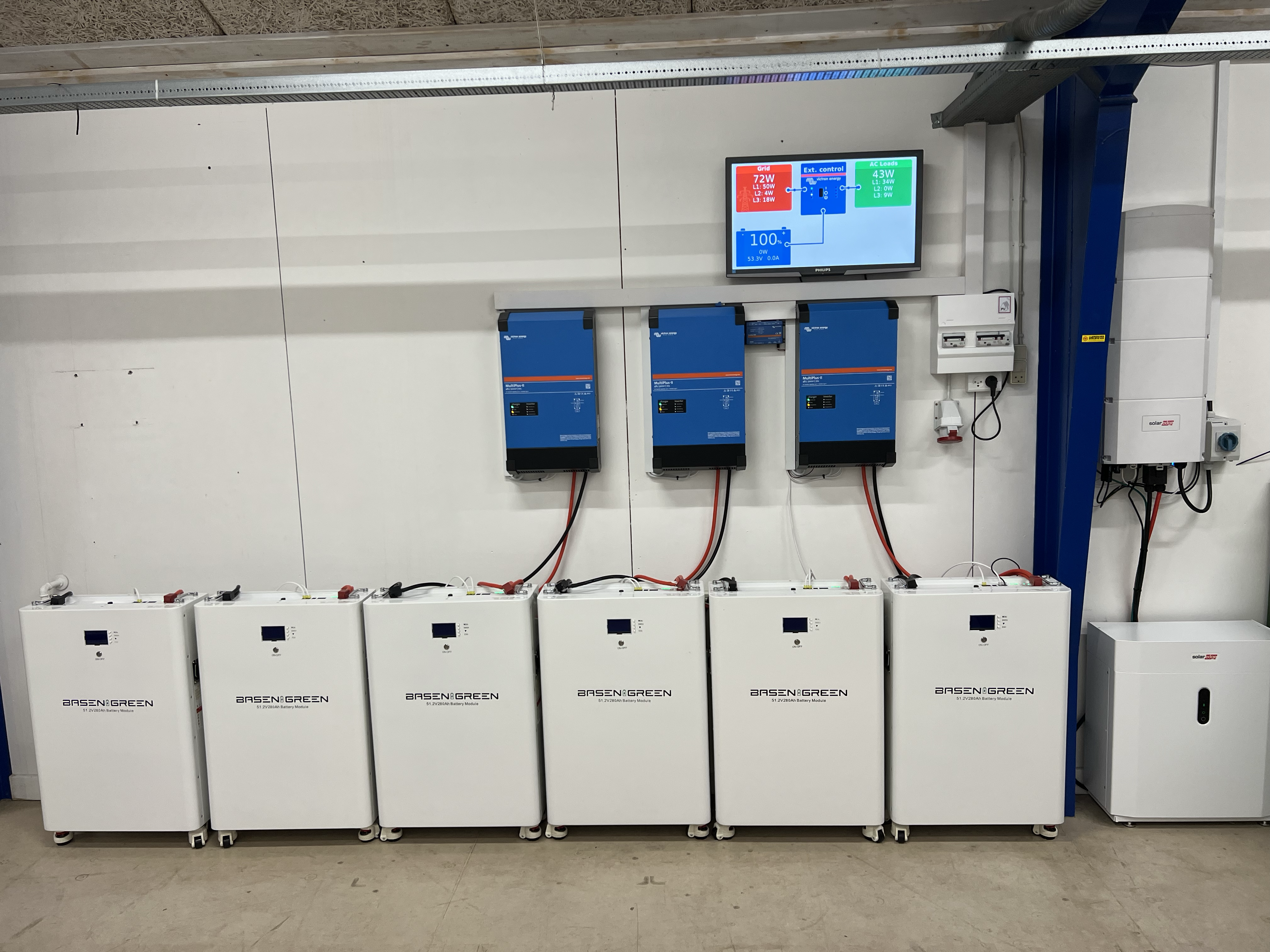
The Importance of Battery Management Systems in Solar Storage
Solar energy is inherently variable, dependent on weather conditions and time of day. While solar panels generate electricity during daylight hours, the demand for power is often higher during peak evening hours. To bridge this gap, energy storage systems are crucial. A battery management system is the brain behind any effective storage solution, ensuring that the battery operates efficiently and safely, regardless of the input or output conditions.
At its core, a BMS monitors and manages the flow of energy into and out of the battery. This includes tasks such as monitoring battery voltage, state of charge (SoC), state of health (SoH), and temperature. By doing so, the BMS prevents overcharging and deep discharging, both of which can significantly reduce battery lifespan. It also balances the charge across individual battery cells to ensure optimal performance, which is particularly important in lithium-ion batteries where cell imbalance can lead to uneven aging and capacity loss.
Lithium-Ion Batteries: The Future of Solar Energy Storage
Lithium-ion batteries have become the preferred choice for solar energy storage due to their high energy density, long lifespan, and low maintenance requirements. Unlike traditional lead-acid batteries, lithium-ion batteries offer higher efficiency, lighter weight, and superior performance in partial state of charge (PSOC) scenarios, which are common in solar applications.
The global lithium-ion battery market is projected to grow at a compound annual growth rate (CAGR) of 12.3% from 2023 to 2030, according to a report by Grand View Research. This growth is driven by the increasing adoption of renewable energy systems and the need for efficient energy storage solutions. However, the lithium-ion battery supply chain is facing challenges, including raw material shortages and geopolitical tensions, which could impact the availability and cost of these batteries in the near future.
Choosing the Right Solar Energy Storage Solution
When selecting a solar energy storage system, it is crucial to consider both the battery technology and the quality of the BMS. A high-quality BMS not only extends the life of the battery but also ensures the safe and efficient operation of the entire system. Other factors to consider include:
–

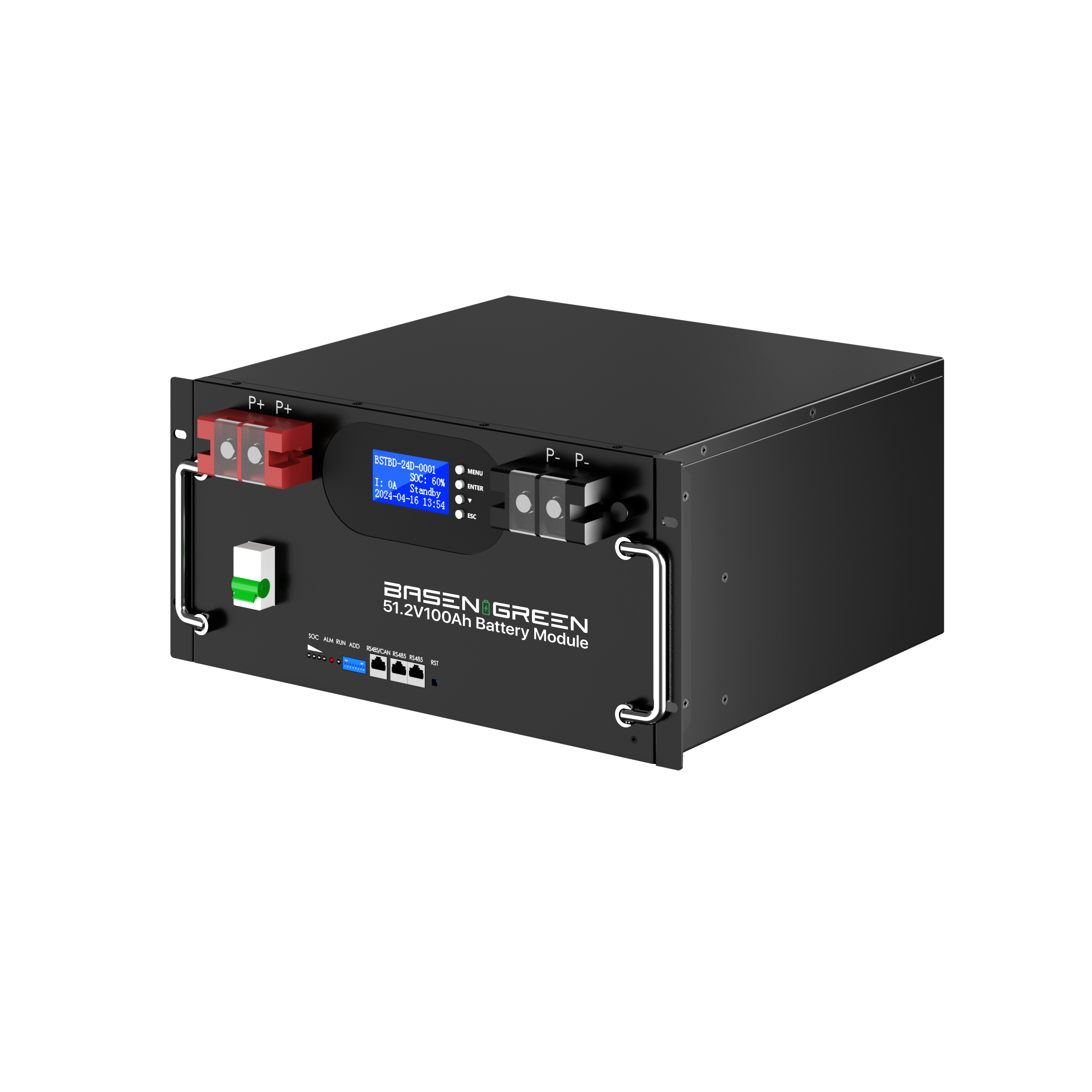
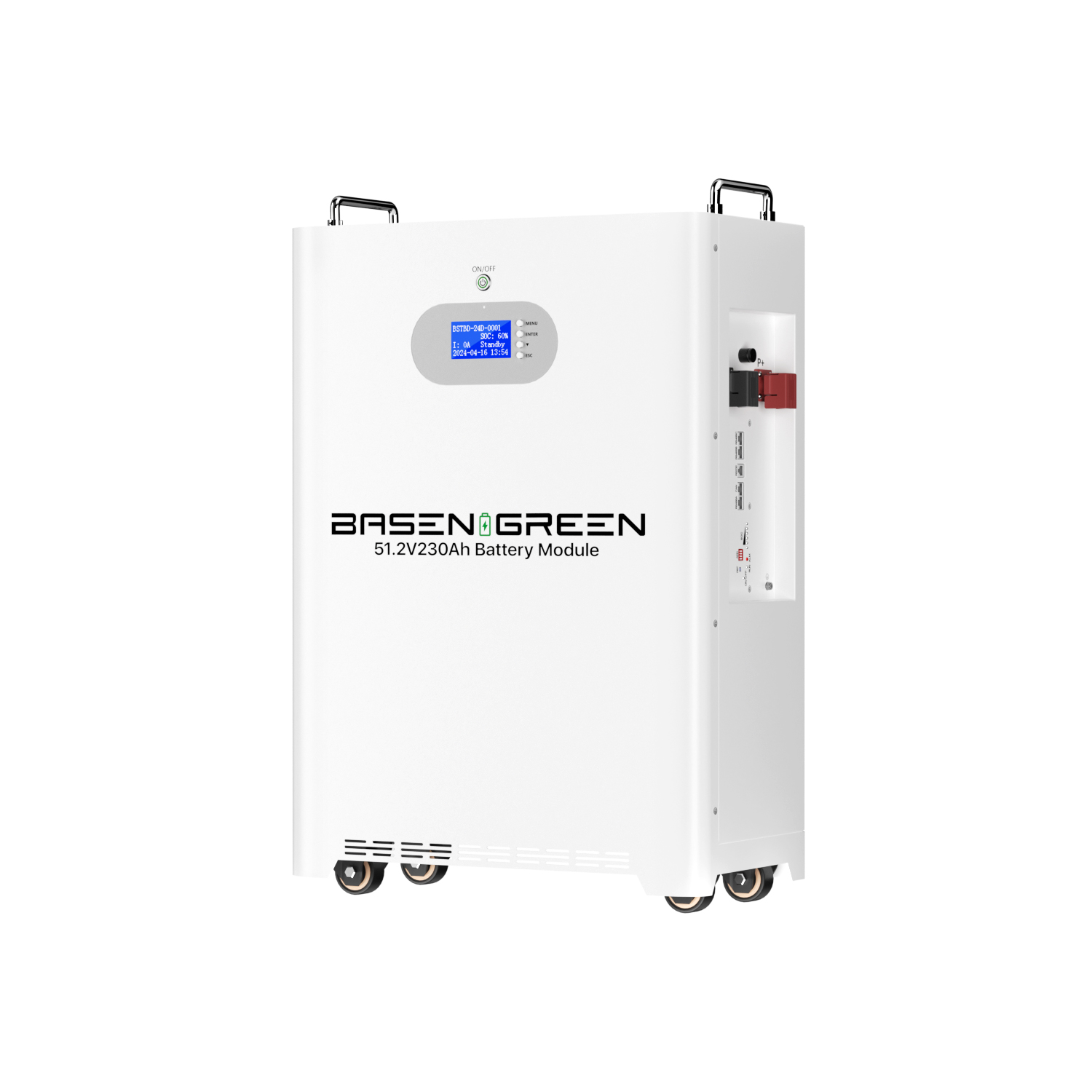
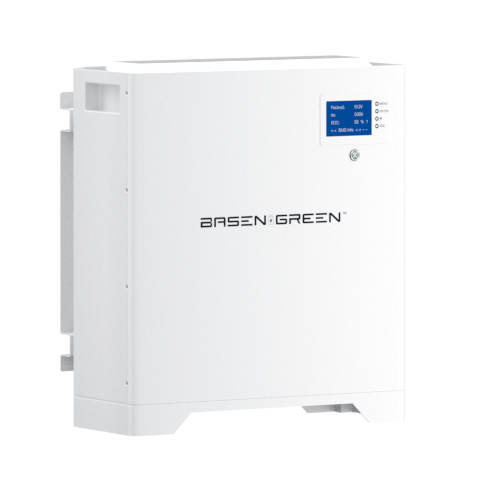
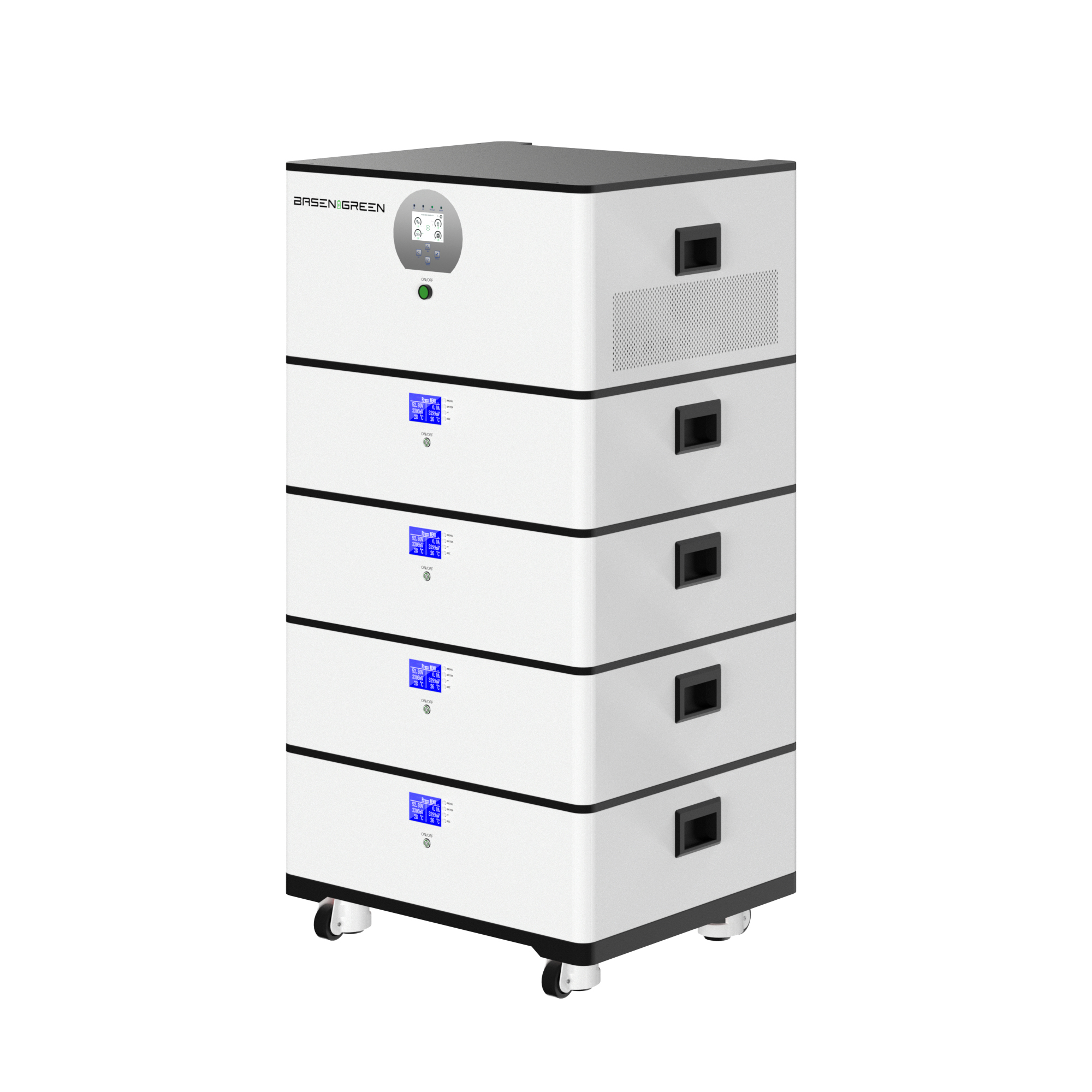

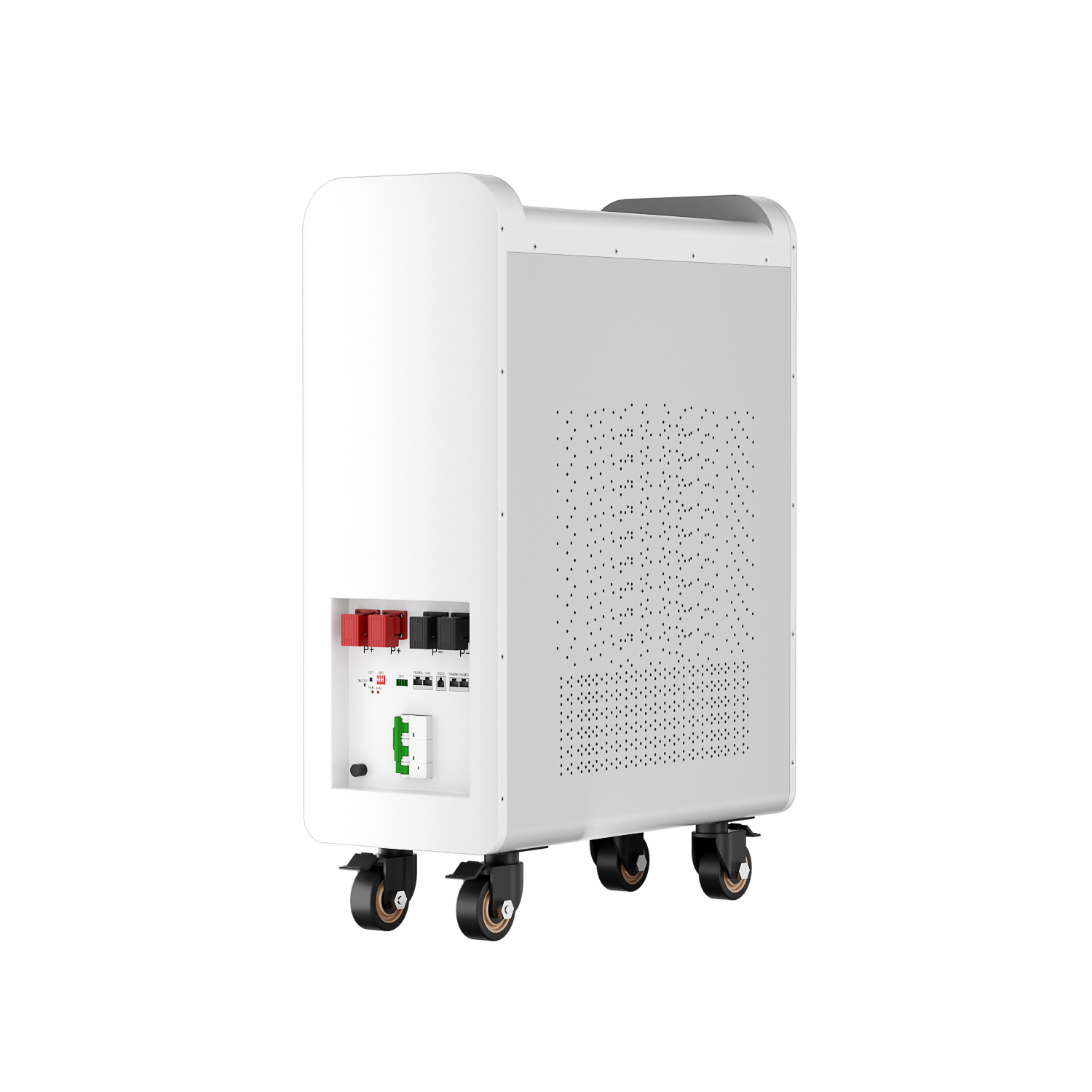
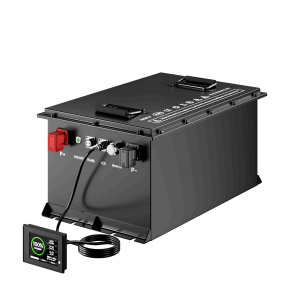
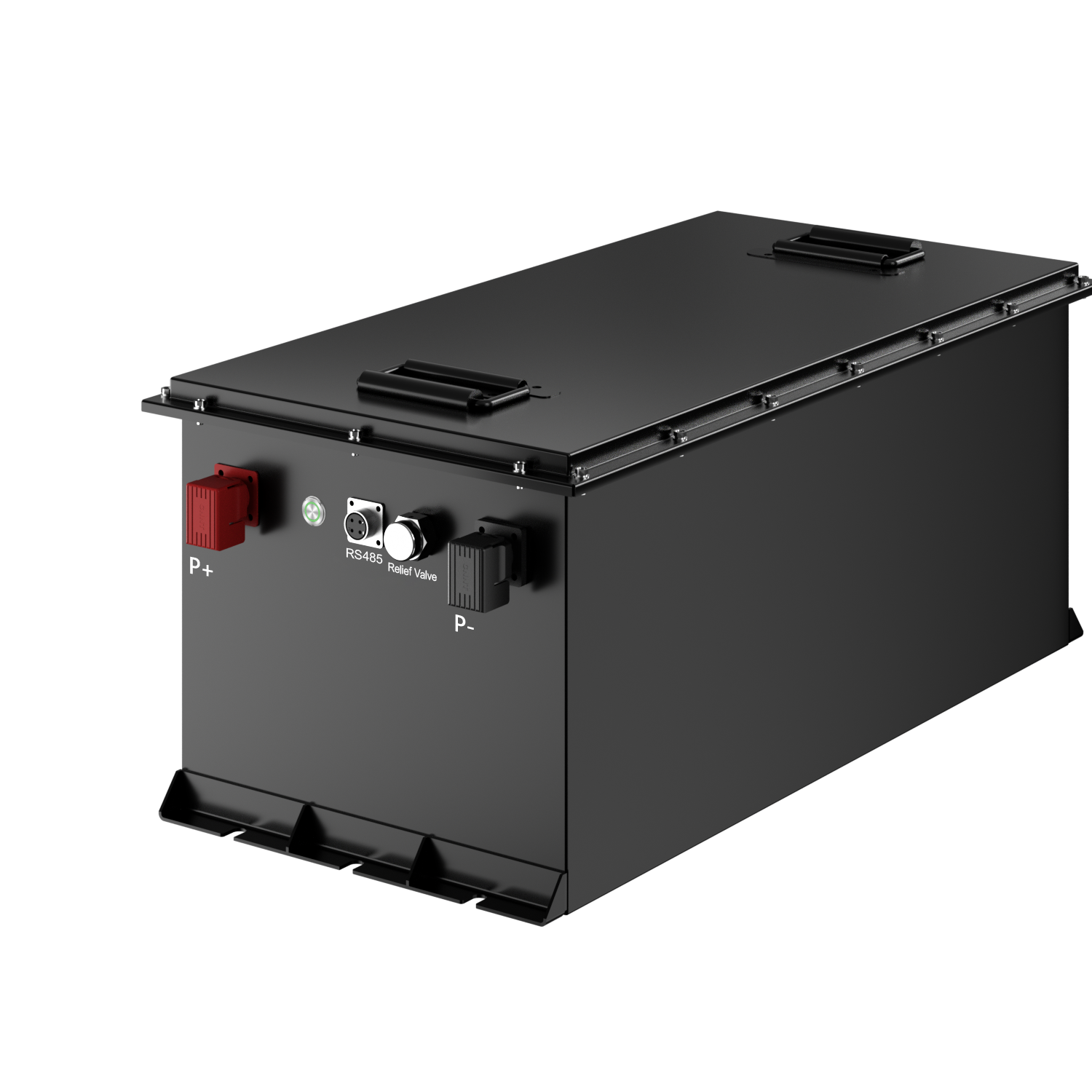
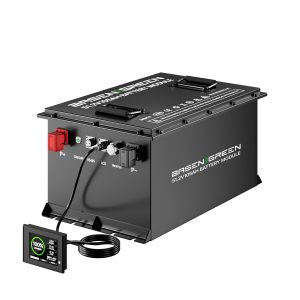
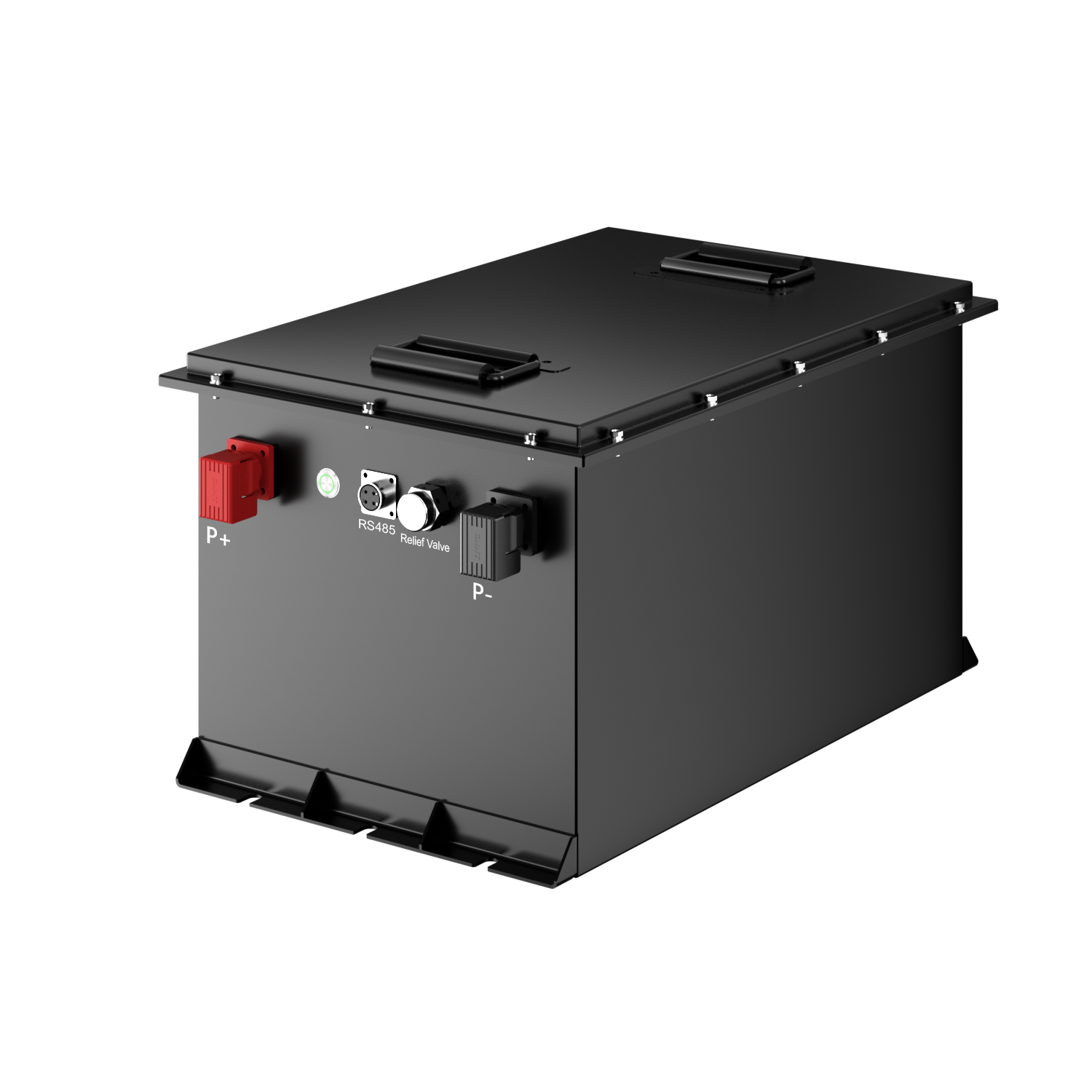
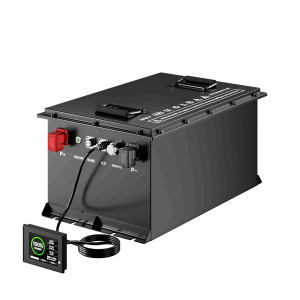
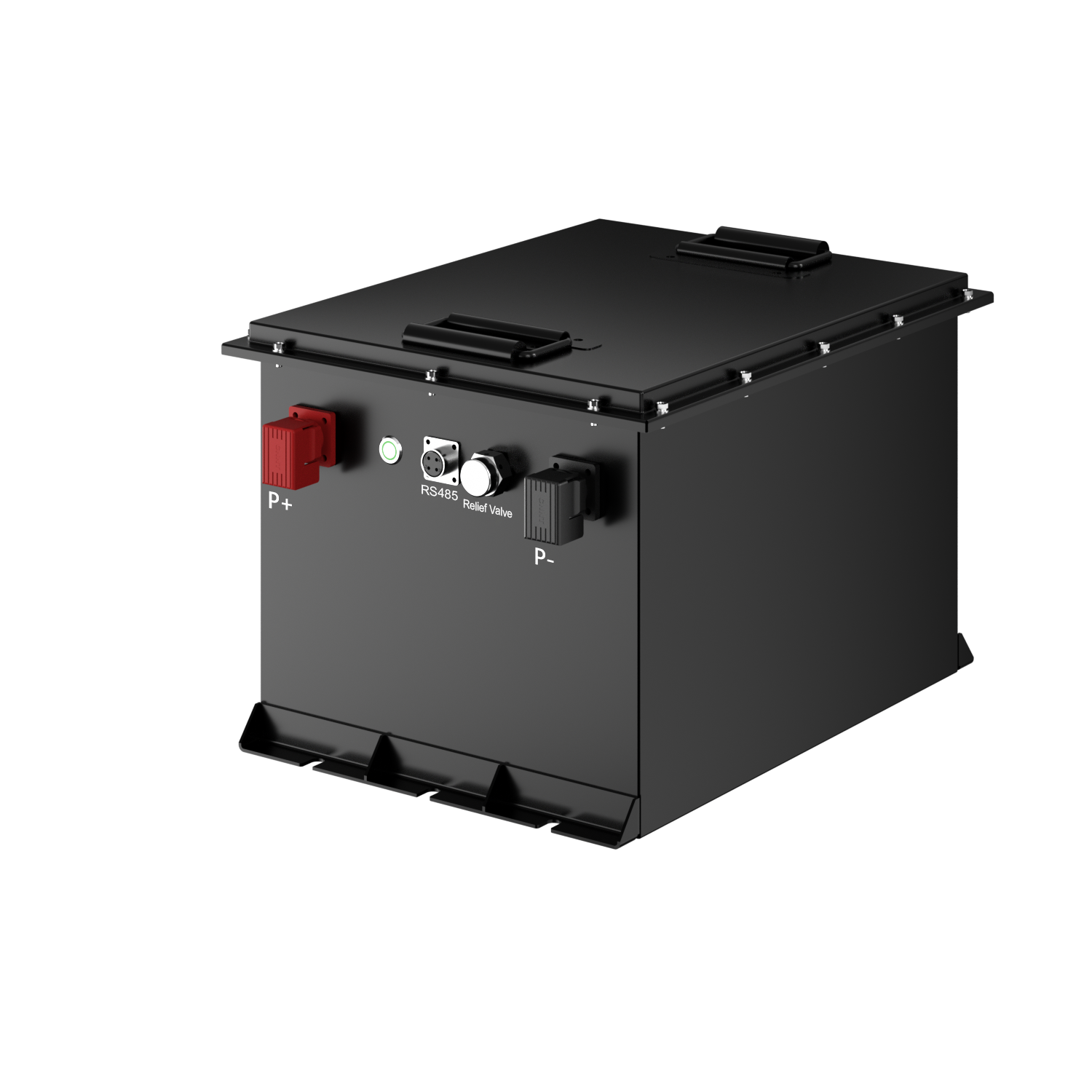
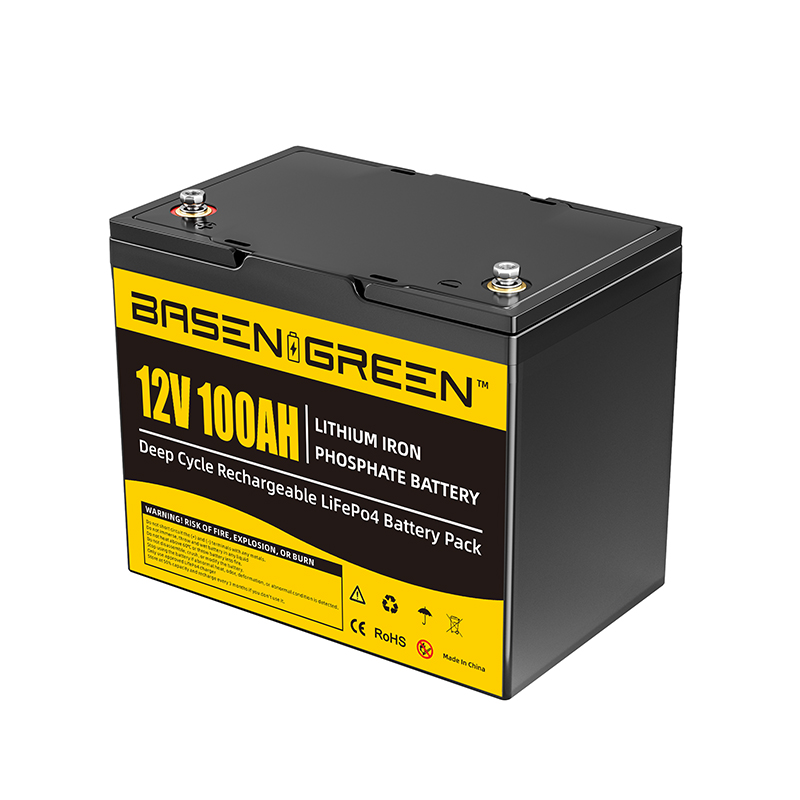

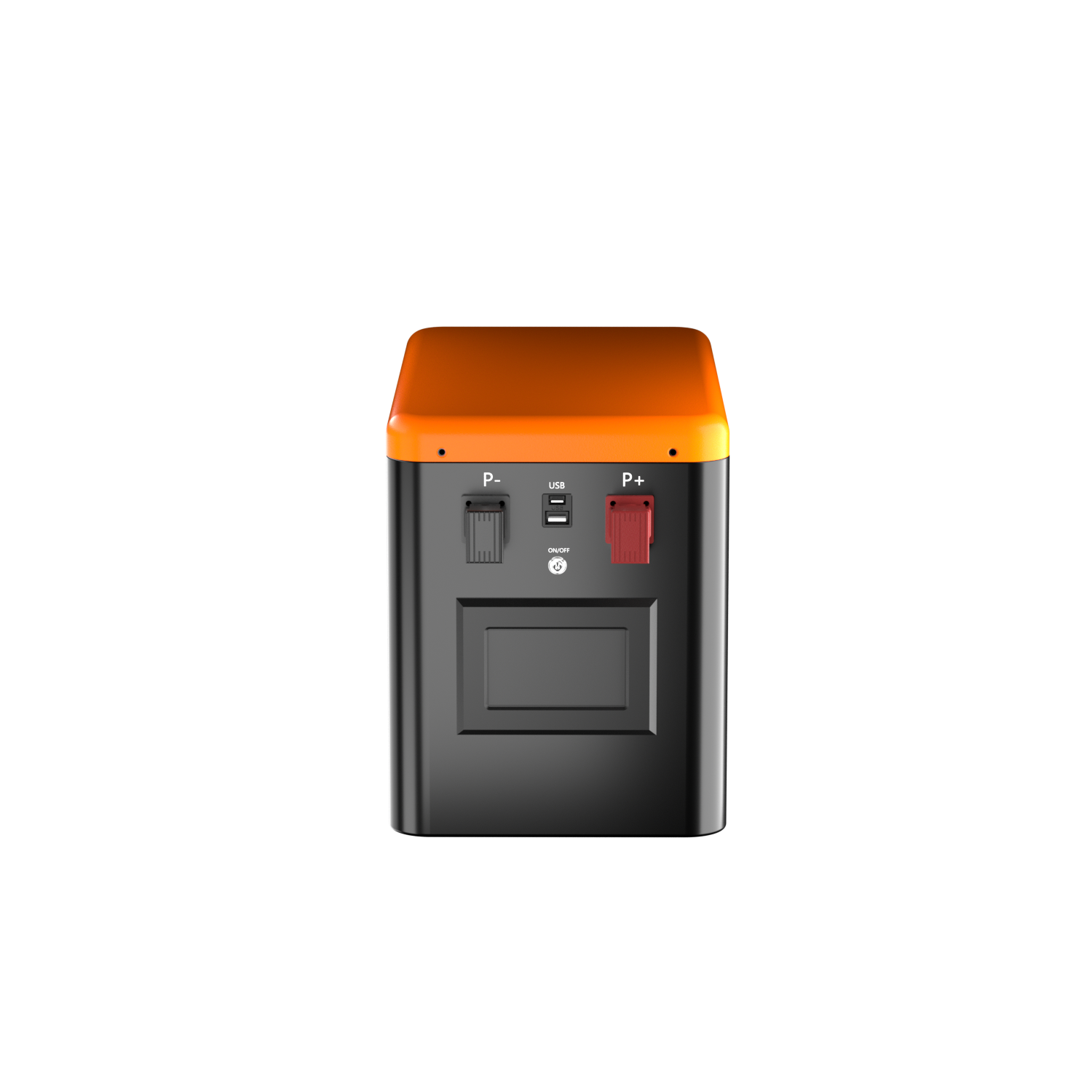
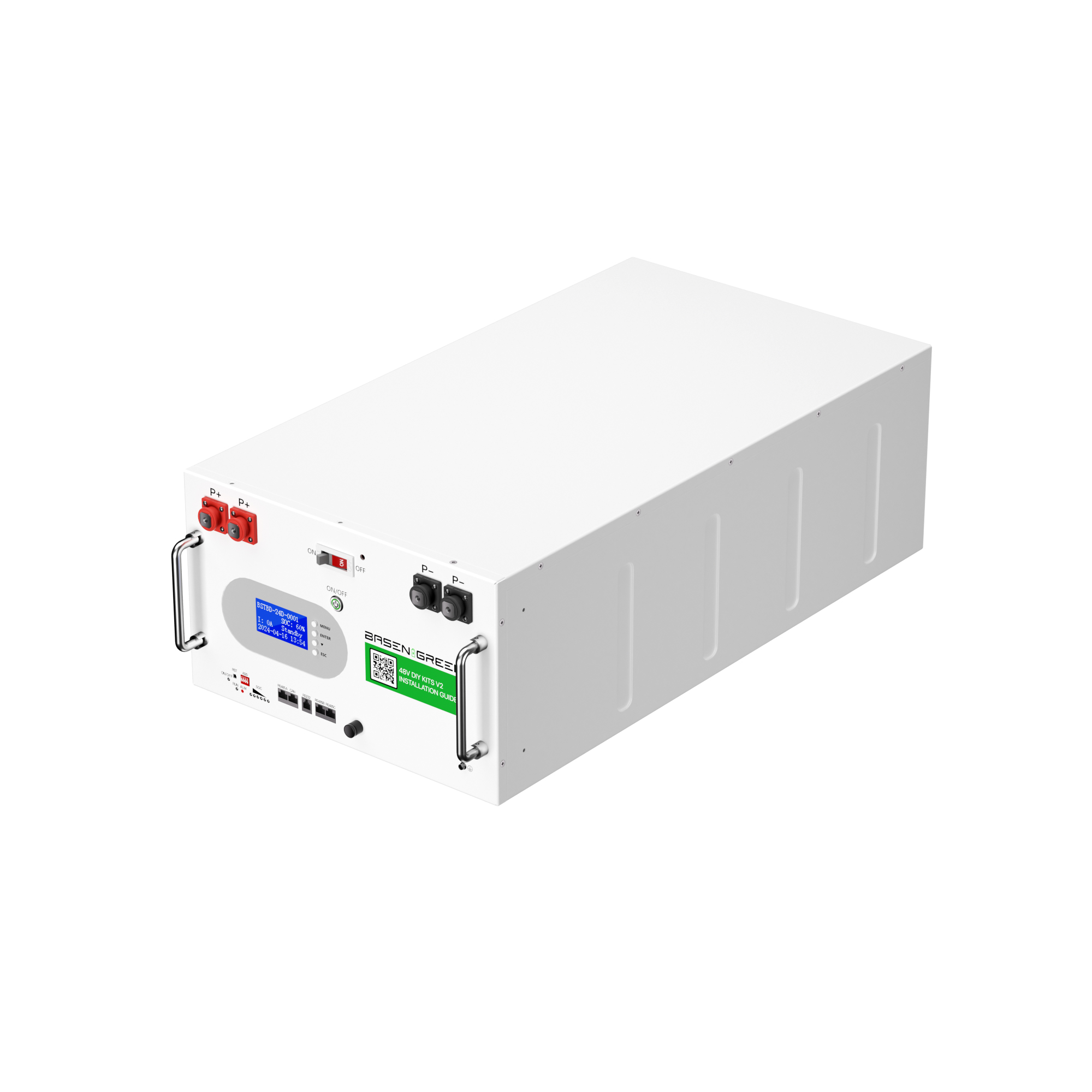
.png)